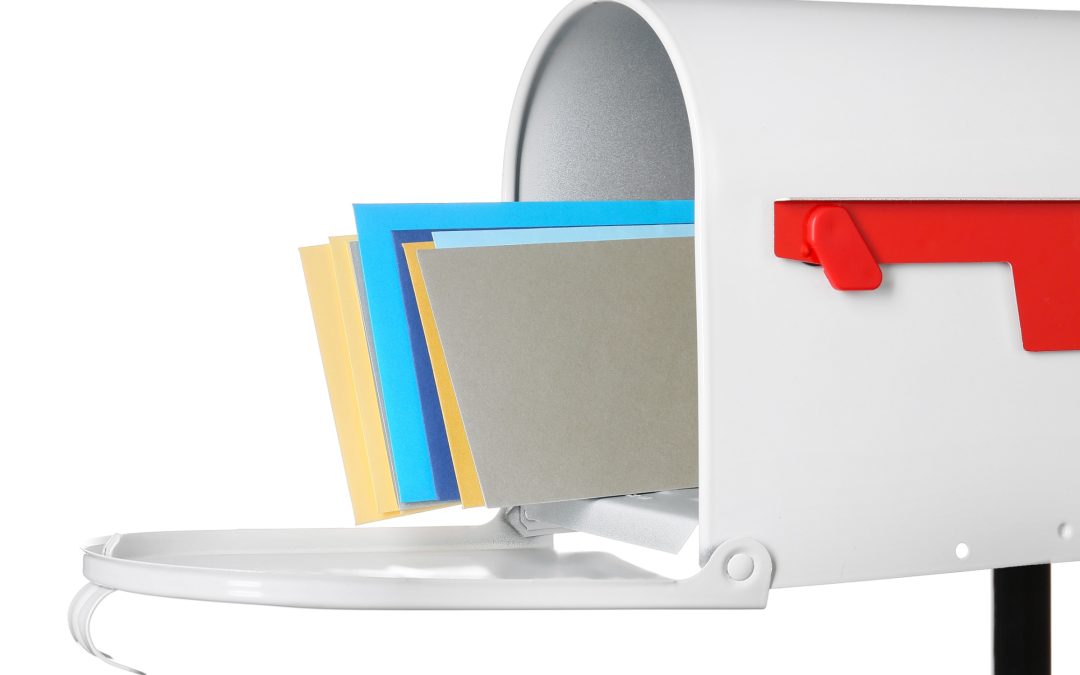The IRS just made it easier to respond to a handful of tax notices online, which presents an excellent opportunity to review what a letter from the IRS could mean and how you should respond to each. Hint: You should always give your CPA a heads-up before responding.
The IRS still relies heavily on U.S. Postal mail to reach out to taxpayers. You will almost always receive a letter as the first point of contact if the IRS is informing you of a change or has a question about your taxes. The agency wants taxpayers to rely on that knowledge so they don’t fall prey to the many tax and IRS impersonation scams that involve alarming phone calls, emails, and other phishing schemes.
That being said, IRS letters can be fabricated, too. So, the first thing to do if you receive a letter from the IRS is to find out if it’s legitimate. Look for the notice or letter ID in the top or bottom right-hand corner (notice codes start with CP and letter codes with LTR), and search for the code on the IRS.gov website. If it doesn’t show up or the letter looks suspicious, contact your CPA or call the IRS at 800-829-1040 to determine if the letter is fraudulent.
If it pans out, you’ll want to share it with your CPA immediately anyway, even if you agree with the information and no action is required. Your CPA will want to determine the accuracy of the IRS’s assessment themselves and, at the very least, make note of it.
Commonly, the letter will notify you of a change in the amount due (or refund due to you) or a request for more information. These requests for more information can range from a simple verification of address to a dreaded notification of an audit. Some straightforward requests can now be handled online, which is new this year. These include the following nine notices:
- CP04, relating to combat zone status.
- CP05A, information request related to a refund.
- CP06and CP06A, relating to the Premium Tax Credit.
- CP08, relating to the Child Tax Credit.
- CP09, relating to claiming the Earned Income Tax Credit.
- CP75, relating to the EITC.
- CP75a, relating to the EITC.
- CP75d, relating to the EITC and other credits.
Be sure to act fast, though. Many of these letters have a 30-day deadline from the date of the notice. Miss the deadline, and you could start incurring penalties.
For more complicated requests, including audits, your CPA will best be able to inform you of your options. Working with a CPA rather than another type of tax preparer can be invaluable at this point, especially for business owners and high-net-worth individuals who are audited more frequently and for higher amounts than most taxpayers.
CPAs in good standing are licensed by their state or territory’s board of accountancy and are legally qualified to represent their clients to the IRS on matters including audits, payments/collection issues, and appeals. They can have conversations with auditors on your behalf and assist you through the process every step of the way. A knowledgeable CPA will understand how to get you to the most favorable outcome. That could be a First-Time Abatement if it’s your first tax penalty, a fair Installment Agreement, or an Offer-in-Compromiseallowing you to settle your tax debt for less than the amount you owe.
Once again, timing is vital. Responding within the given timeframe will help you minimize additional interest, avoid penalty charges, and preserve your right to appeal. Disagreeing with the IRS and formally appealing your case can be an intimidating process, but seasoned CPAs do it regularly. Appeals officers are tasked with resolving disputes without litigation first and foremost (not strictly to side with the auditors). So, if you really believe the IRS made a mistake, and your CPA agrees, disputing the notice or letter you receive can be a reasonable and expected action. Feel free to contact us with questions.

